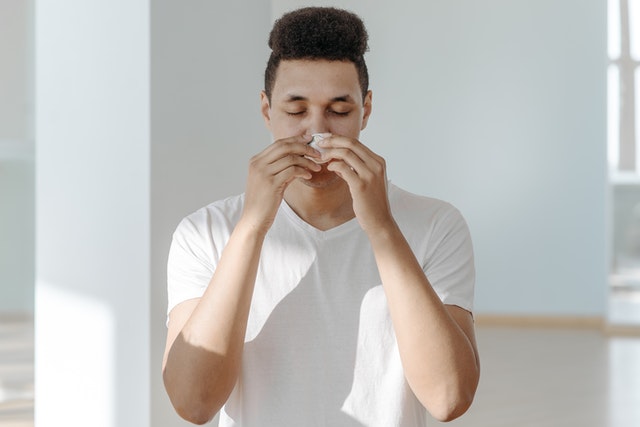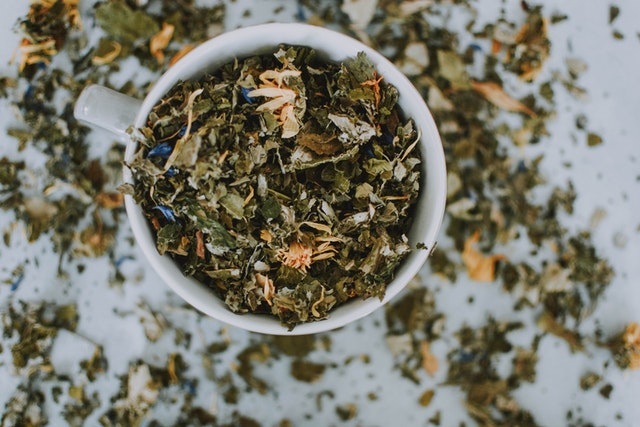Spring is one of the most beautiful times of the year. If you live in a climate that gets snow in the winter, you probably welcome the warming temperatures and the drying ground that come in the spring. Other lovely things about spring include the birth of baby animals, birds singing beautifully all around, and trees developing gorgeous blossoms.
Unfortunately, all of these beauties come at a price for many people. If you have allergies, you probably have a love-hate relationship with spring. I understand because I’m right there with you! The good news is that you may have more control over your springtime allergies than you realize. Here is a list of some of my favorite allergy tips. Give them a try and see if they help you enjoy the spring season a little more.
Try Nasal Sprays

If you’re experiencing fun symptoms like post-nasal drip and nasal congestion as part of your seasonal allergies, there are nasal sprays that may help. Nasal steroids such as Flonase® and Nasonex® are non-sedating, so you can use them in the daytime without worrying about unwanted drowsiness. It is important to keep in mind that these types of nasal sprays don’t have immediate effects, so you’ll need to be patient and give them time to work.
Understand That Herbs Might Make Things Worse

Listen, I like herbs and think they make great remedies for a lot of conditions. But when it comes to seasonal allergies, some herbs can make your symptoms worse. This makes sense when you consider the fact that in the springtime, it’s pollen from plants that make your allergies flare up. So even if you like to use herbs for other ailments, remember that they are plants as well and you may be allergic to some of them without realizing it!
Take Antihistamines

Antihistamines block histamine release. Histamines are chemicals in your immune system that cause your allergy symptoms when they’re triggered by one or more allergens. While histamines are important, they become highly overactive in people with seasonal allergies. Antihistamines can help calm them down to ease your springtime allergy symptoms.
Stay Indoors on Windy Days

Pollen is airborne, which means that it has an easier time making its way around when the wind is blowing. If you know it’s going to be a windy spring day, do your best to stay indoors as much as possible so you can avoid airborne allergens. You should also track the pollen count so you can avoid being outside on days when the pollen count is high.
Vacuum Often

Vacuuming isn’t my favorite pastime, but when I do it regularly, it helps reduce my springtime allergy symptoms. Vacuuming is a great way to get rid of the pollens and other allergens that make their way into your home on your shoes or clothing. Dusting is also important for the same reasons.
Consider Allergy Shots

If all else fails, you may be a good candidate for allergy shots. Talk to an allergist to find out if this is a good option for your springtime allergies. Allergy shots are also known as immunotherapy. These shots can decrease your sensitivity to pollen and other allergens.
The shots work by exposing you to small amounts of a specific allergen. For example, if tree pollen triggers your allergy symptoms, you would receive an allergy shot containing tree pollen protein. It sounds counterintuitive, but when you receive small amounts of a particular allergen, it helps to desensitize you so your body doesn’t react so strongly to future exposures to that allergen.
Give These Remedies a Try

These remedies may not be a cure for springtime allergies, but they can certainly help minimize your symptoms! Give them all a try until you find out what options work best for reducing your allergy symptoms this spring.

